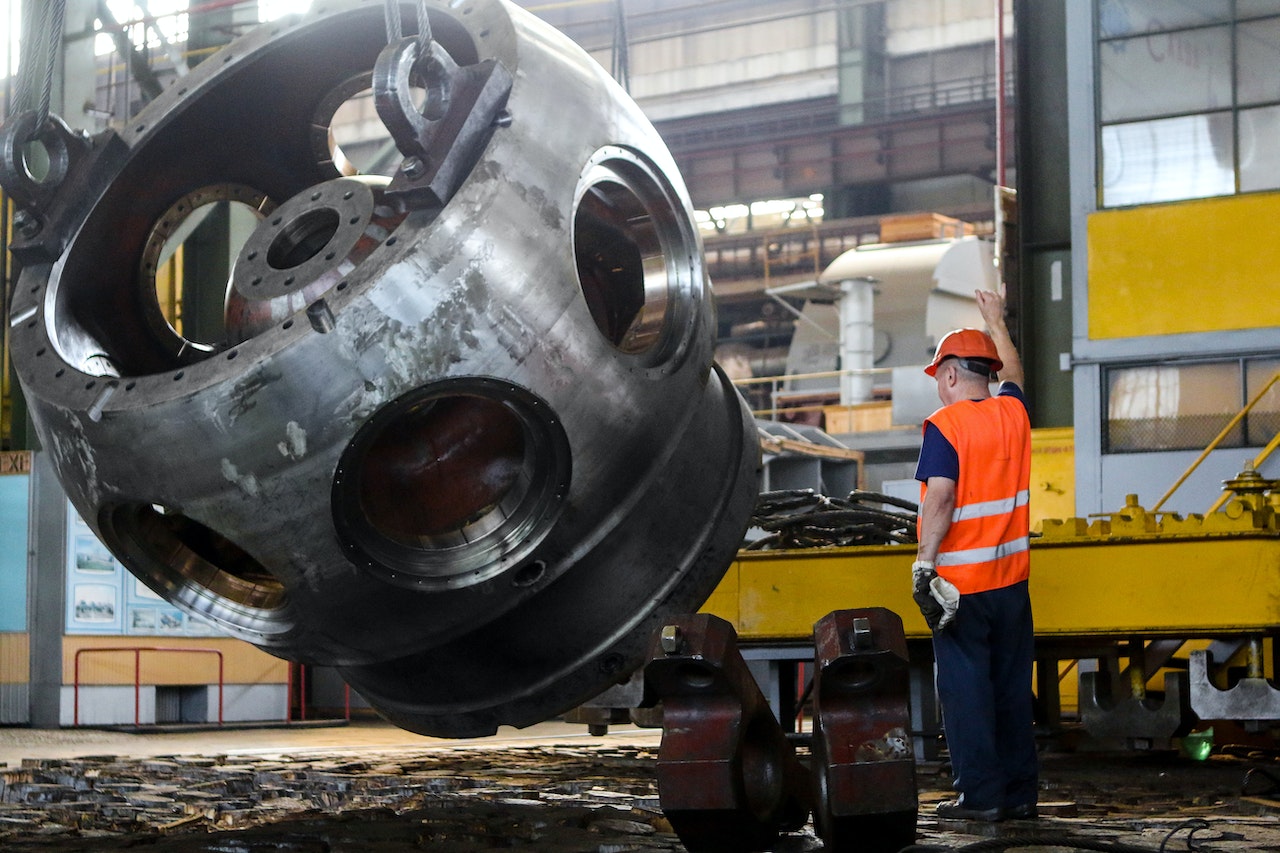Surety Bond Professionals is a family owned and operated bonding agency with over 30 years of experience. With access to a broad range of surety markets, our expert agents are ready to assist with all of your construction bond needs.
What Is Bonding Capacity?
The term “bond capacity” (also called bonding capacity) refers to the maximum amount of bond coverage a surety is willing to guarantee a contractor.
There are two facets to bonding capacity: the maximum amount a surety will guarantee on a single construction project and the maximum amount a surety will guarantee altogether for multiple projects at the same time. These are referred to as single-job and aggregate bonding limits, respectively.
Only active bonds count toward the limit. When the work is finished, or a bond expires without being renewed, the bond is closed out and no longer counts toward the contractor’s aggregate bonding capacity.
Why Is Bonding Capacity Important?
Bonding capacity is important because it puts an upper limit, or ceiling, on the number of projects and the size of the projects that a contractor can be bonded for concurrently. This may not be a major issue for contractors doing primarily smaller private projects, as many private project owners don’t require construction bonds. However, it can be a limiting factor for contractors specializing in larger public works projects that fall under the bonding requirements of the federal Miller Act or one of the state “Little” Miller Acts.
Additionally, even in cases where a project does not require construction bonds, the project owner may limit bidding to contractors with good bonding capacity. It’s an easy way to prequalify bidders without doing the legwork because the surety has already done that for them.
What Determines a Contractor’s Bonding Capacity?
When determining bonding capacity, a surety looks at a contractor’s financial strength and stability, business practices, and construction experience.
Bond applicants are asked to submit certain documents as evidence of their personal finances, such as bank statements. They also will run a credit check. This is in addition to examining the performance of the contracting business as documented in financial statements and project records. Your accounting methods and other business practices, such as your recordkeeping, will also be scrutinized. It’s best to have a construction CPA review your business’s financial records and ensure they are in order before furnishing them to a surety.
A surety will also look at your experience in the construction industry including how many projects you have completed successfully, the size of those projects, and whether they were completed on time and within budget.
One thing that is of particular concern is your company’s safety record. Jobsite accidents resulting in insurance or bond payouts will make a surety think twice about guaranteeing a bond for you and can severely limit your bonding capacity. The same is true for contractors who have racked up a number of OSHA safety violations and fines. A lack of focus on safety strongly suggests the possibility of surety bond claims in the future, which would make a surety understandably reluctant to take the risk of guaranteeing a large dollar amount.
What Kinds of Construction Bonds Do Contractors Need?
The most common types of construction bonds needed by contractors are bid bonds, performance bonds, and payment bonds.
A bid bond is a common requirement for projects funded by taxpayer dollars. A bid bond is a contractor’s guarantee to accept the job if chosen as the winning bidder. It also guarantees that the contractor is able to obtain the performance and payment bonds required for federal and state projects of a certain size. A bid bond protects the project owner against the monetary loss that would result from having to re-open the bidding process and select a new contractor.
A performance bond is a contractor’s guarantee to complete a project according to the terms of the contract. Contractor default can be very costly for the project owner, who often must bring in another contractor or provide a way for the original contractor to avoid default. A performance bond ensures that the project owner can be compensated for such damages.
A payment bond ensures that subcontractors, suppliers, and workers are paid on time, in accordance with the contract schedule. A contractor’s failure to pay can trigger claims against the payment bond.
Increasingly, private project owners also require contractors to furnish bid, performance, and payment bonds.
Call Us Today
Our surety bond professionals will help you grow your revenue by maximizing your surety capacity. Call us today!





